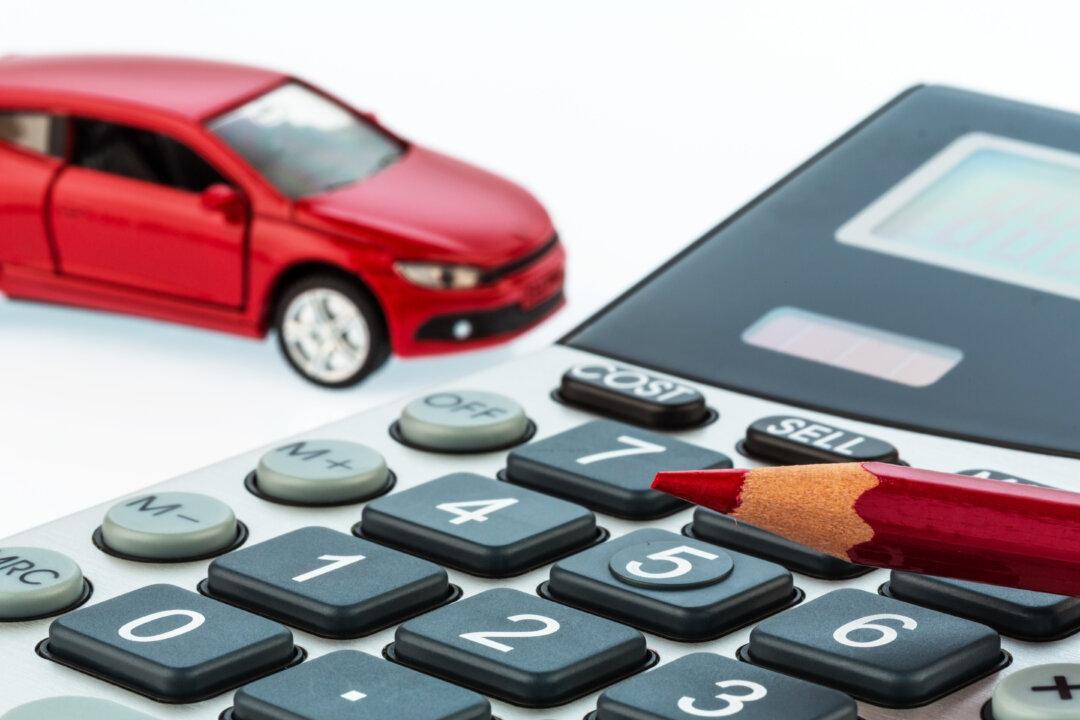When it is time for you to get a new car, you may want to consider whether you should buy or lease it. Both choices have their benefits—and downsides. Knowing the facts can help you make a better decision.
Benefits of Buying a Car
Buying a car offers several advantages over leasing that might make it the better deal for you—especially if you want to keep it for a longer period. Although the monthly payments will be higher than if you leased, you will own the car when you finish paying for it. At that point, you are free to do with it whatever you want. The benefit is that there is an end to your payments—at least until you buy your next car—which could be years later.As a car owner, you can also drive the car as much as you want without worrying about mileage limitations. There will also be no need to worry about problems while the manufacturer’s warranty is still in effect, but afterward, the cost of any repairs will fall on your shoulders.






